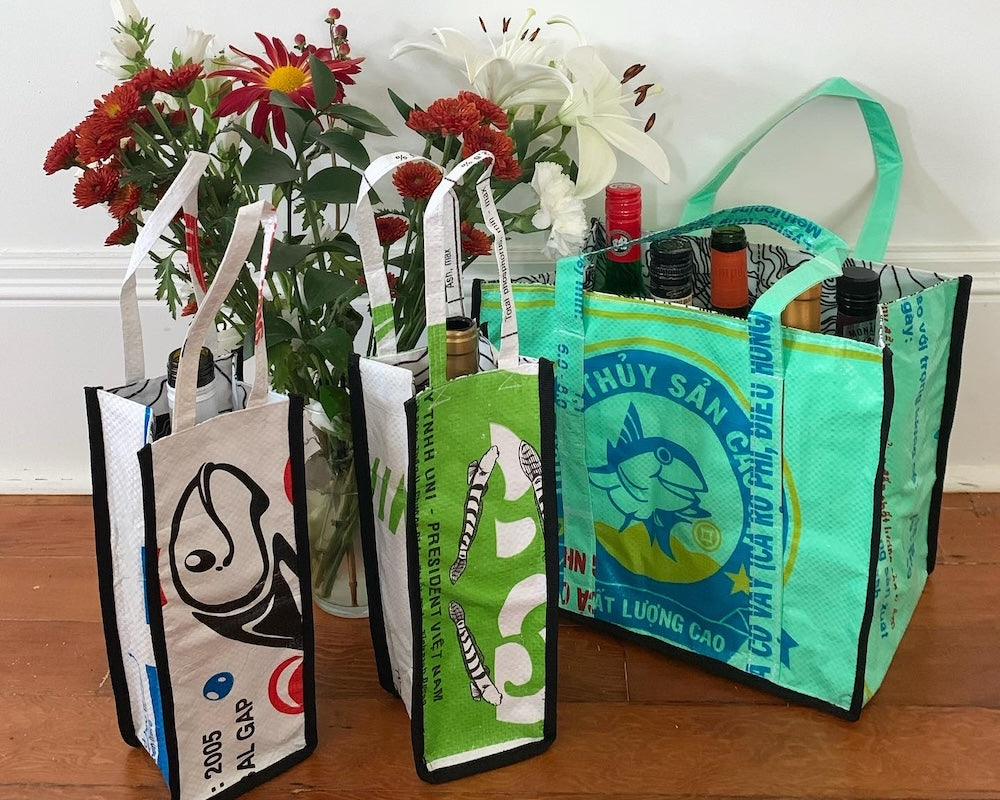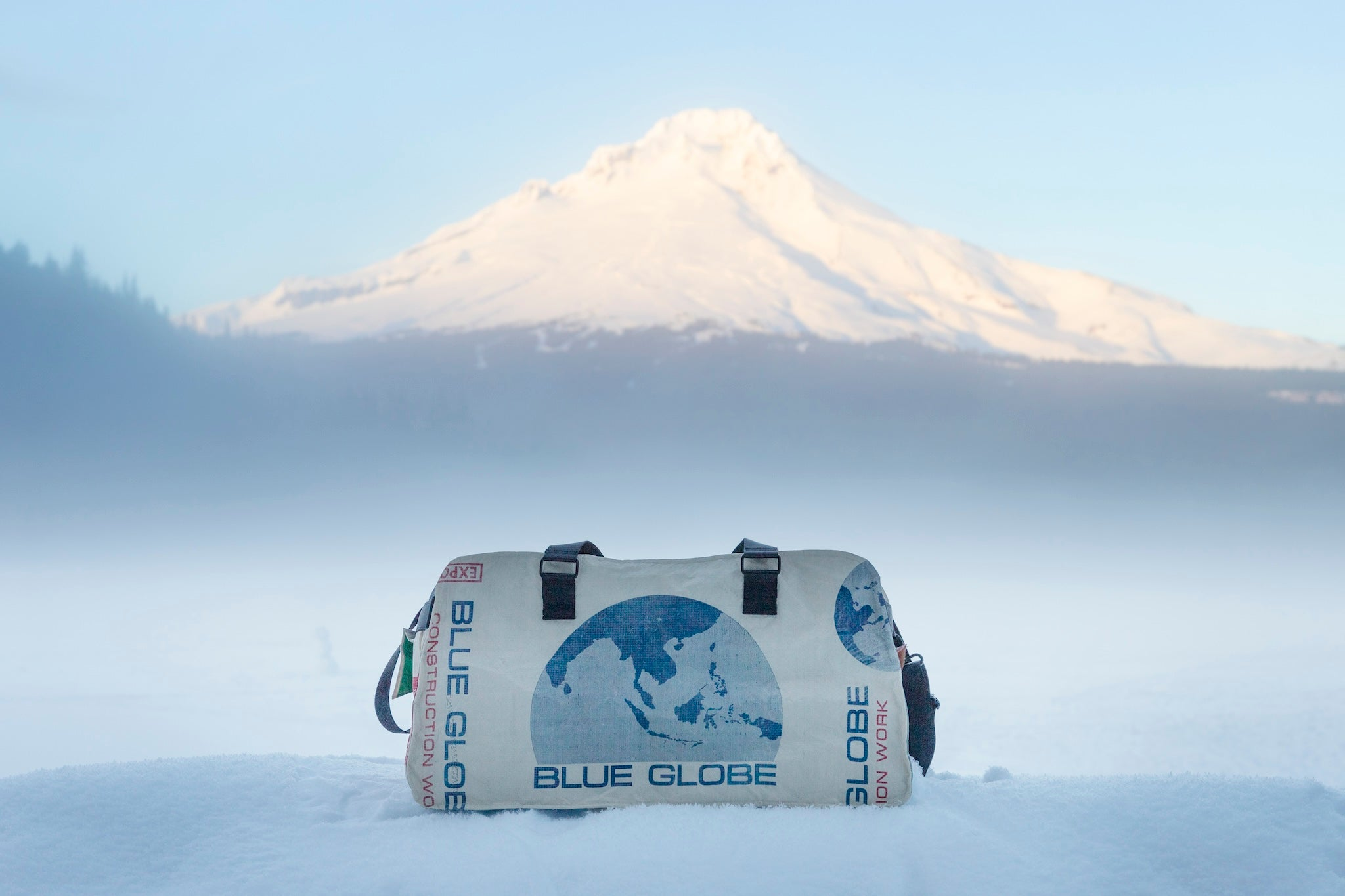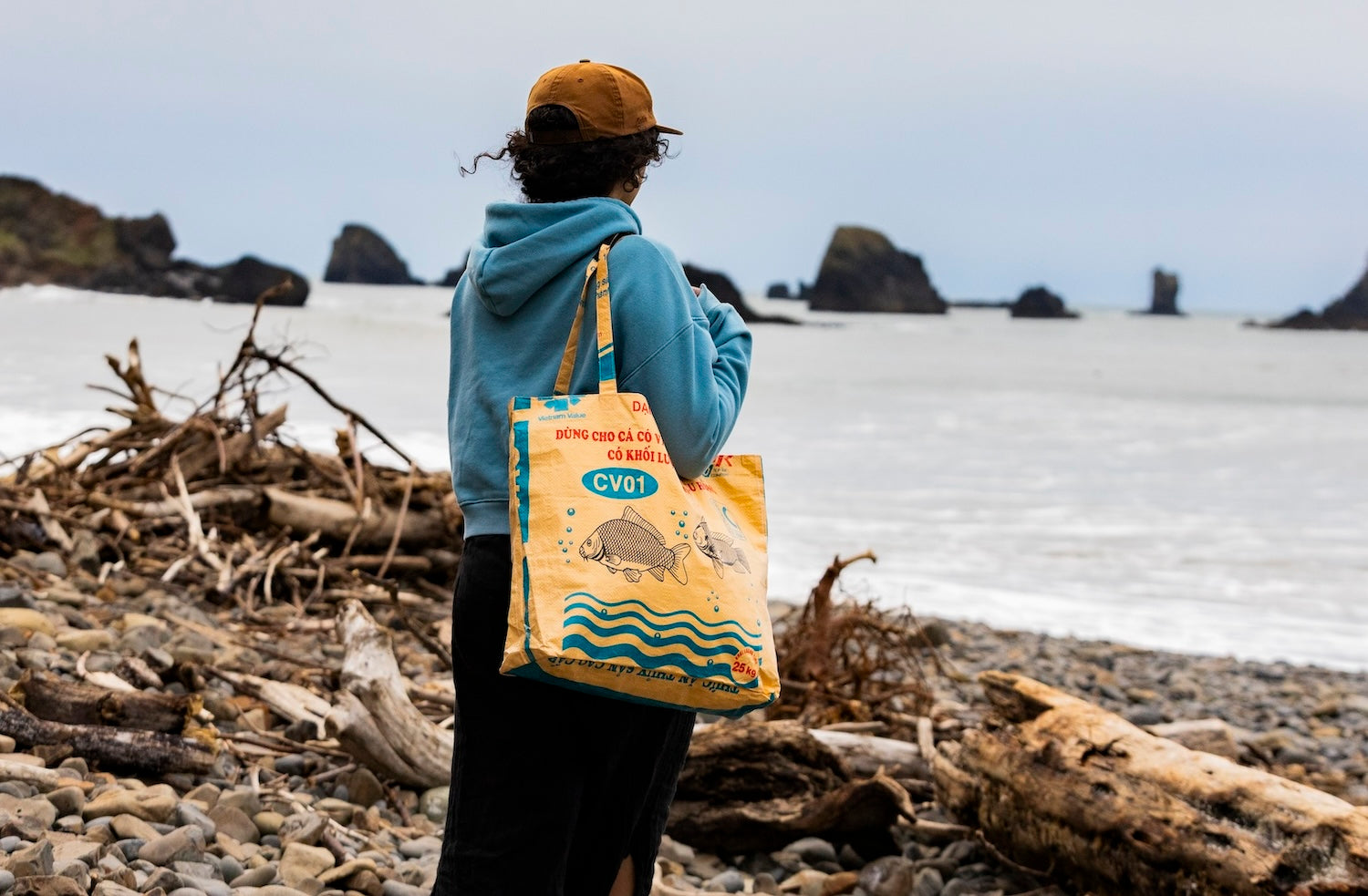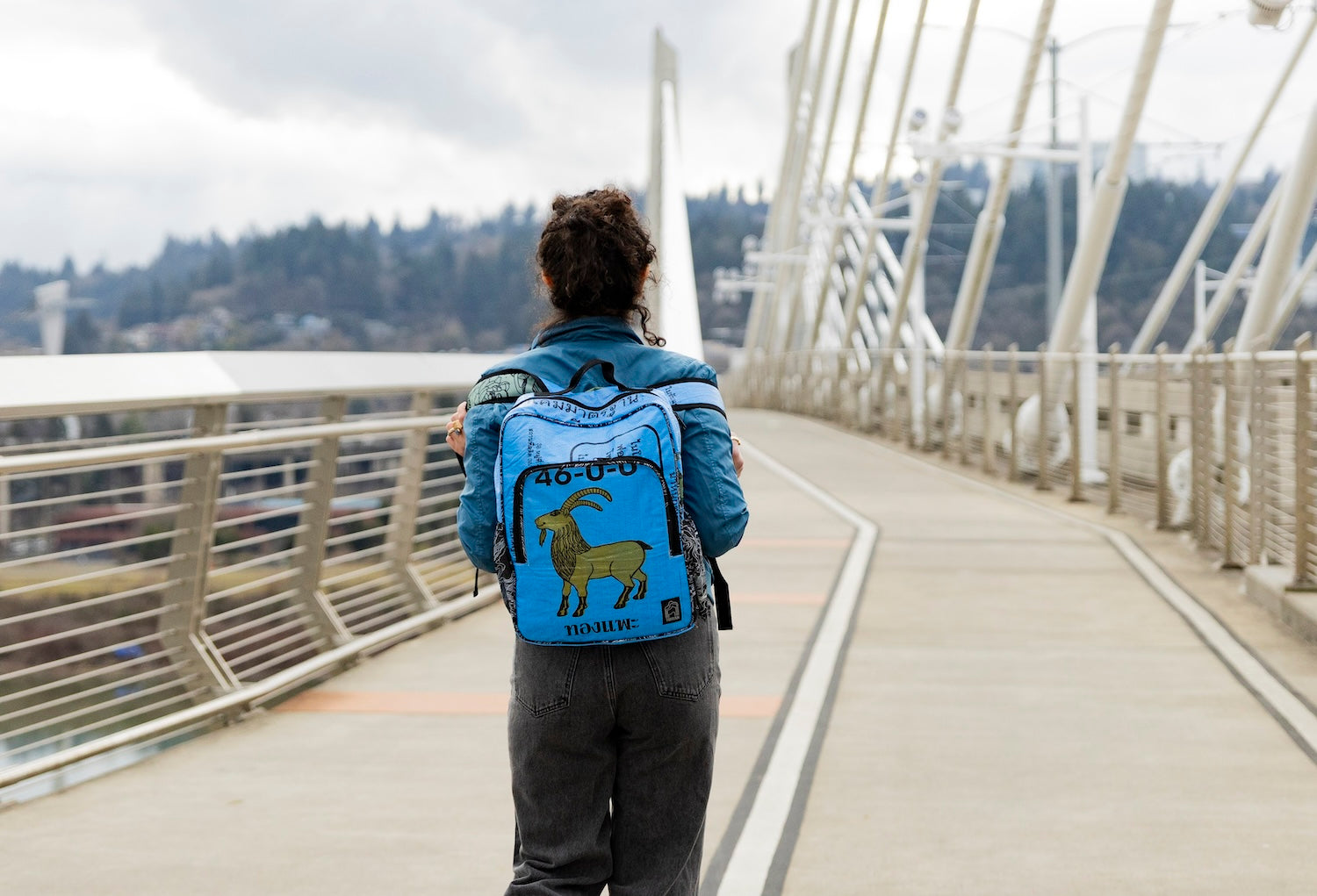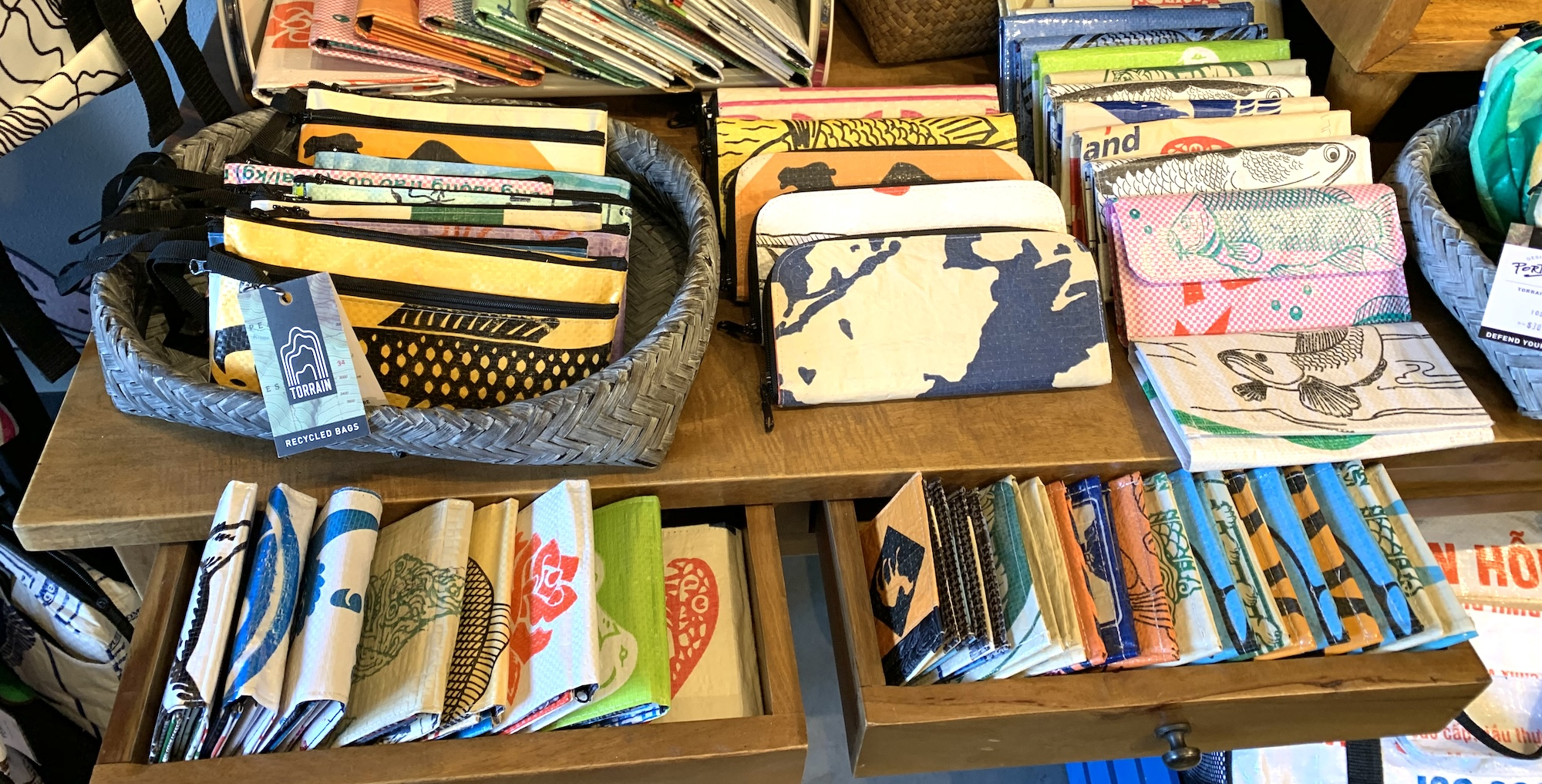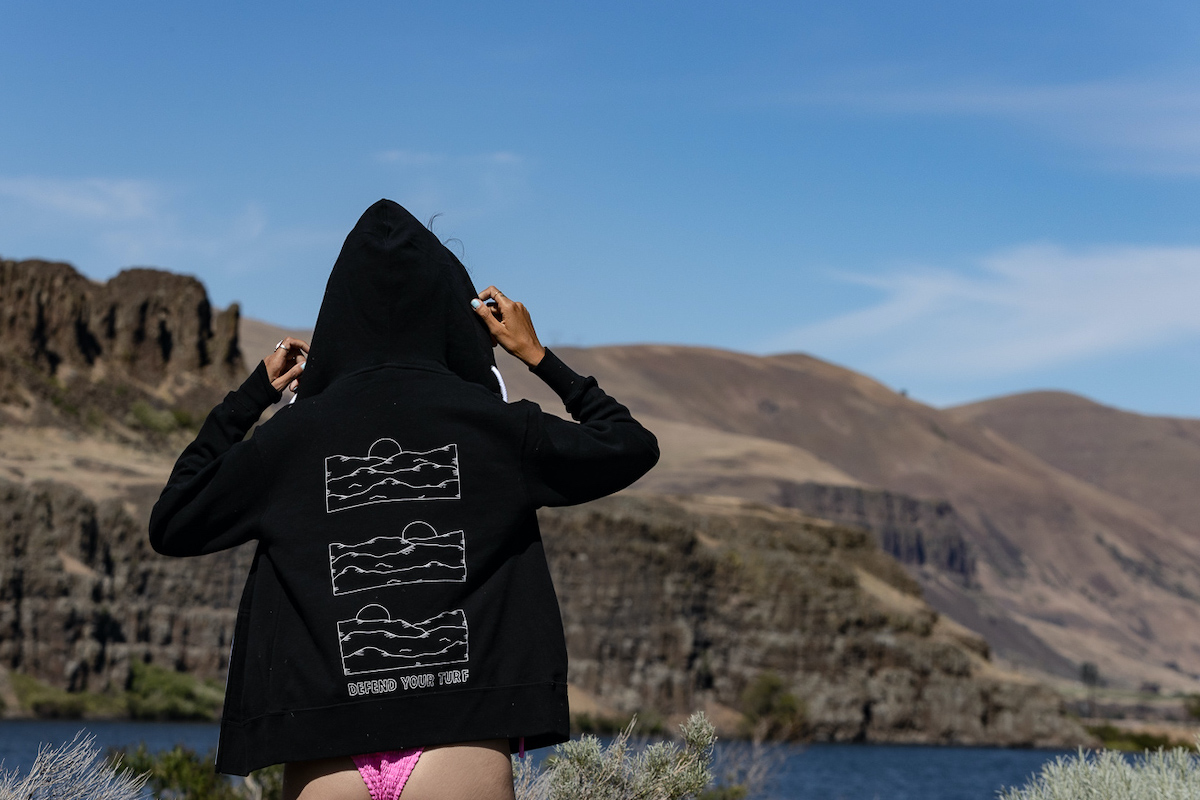My husband and I recently went on a road trip throughout Montana and Idaho. It was absolutely beautiful. I die for that landscape. To be honest though, it was difficult to bliss out during our current state of affairs, especially while being immersed in such predominately white open spaces and being more aware to that fact. If I felt weird at a gas station, I can’t even imagine what I would feel like as a black person. Not welcome to say the least.
It’s not often we see Black, Indigenous, People of Color (BIPOC) venture into affluent outdoor areas. From an economic standpoint, exploring the outdoors requires time and money. This makes it inaccessible to BIPOC communities because they’ve historically been denied the fundamental tools for economic standing. But beyond the economic inequality, the truth is, legalized segregation and other forms of historical and present day racism have perpetuated a diversity gap in the outdoors. The perceived threat of violence runs deep.
Many say ‘the outdoors does not discriminate’ but racism is engrained in institutions across the board including the parks and recreation departments. Our outdoor recreational system is built on the same underlying system of oppression governing our society and in general, has traditionally served white communities.
Historically, the preservation of natural wilderness was executed at the expense of Indigenous communities, and institutionalized legislation segregated people of color or straight up banned them from public lands like national parks, wildlife refuges and forests. Although the Civil Rights Act granted permission for Black communities to enter public lands, they still remain the most underrepresented group in these spaces.
This means that we all have a responsibility to actively dismantle the systems that are widening this diversity gap.
To reverse the effects of racism in the outdoors, we must continue our awareness and demand for greater accessibility to the natural world. We can advance BIPOC representation in the outdoors which we are happy to see many brands doing now. We can push for policies that have racial and spatial justice at the forefront. We can support free or low-cost exploration programs that give children from low-income families the opportunity to enjoy the great outdoors.
We believe that experiencing the natural world is imperative to our well being as a whole and to inspiring the preservation of our planet. We look forward to expanding our own work in this arena and to collaborating with like-minded organizations in the future.


